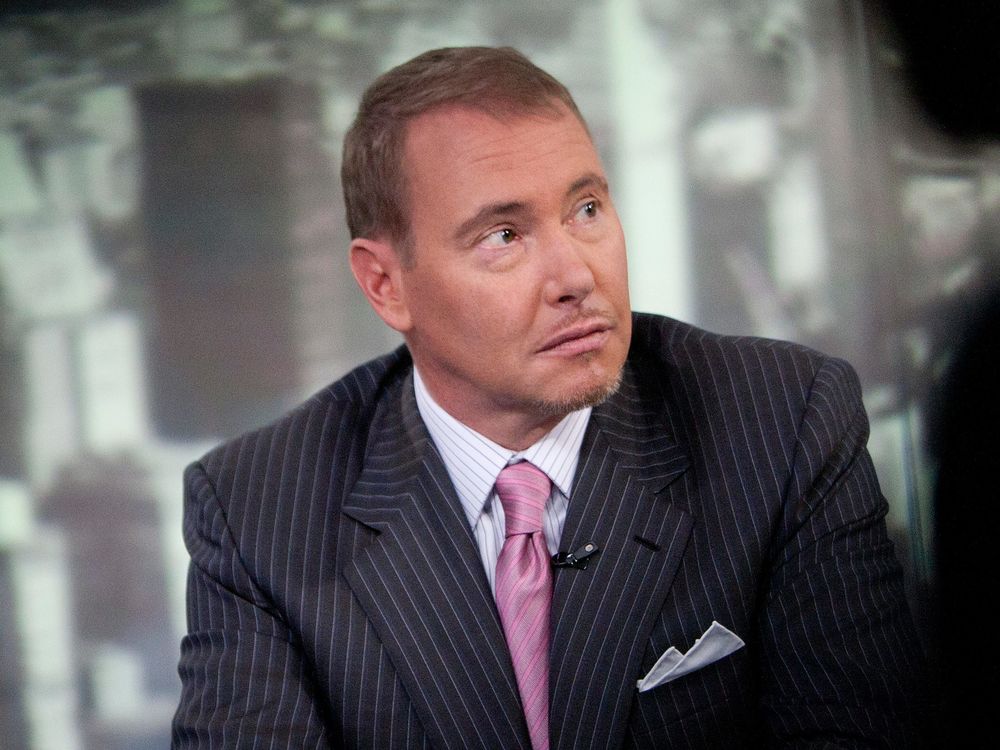
Investors may be wise to tread lightly in the stock market as the Federal Reserve nears the start of its bond tapering program, hints DoubleLine Capital founder and CEO Jeffrey Gundlach.
“It certainly would be a negative for the stock market,” Gundlach — aka the “bond king” — told Yahoo Finance Live in an exclusive interview on the potential impact to markets from Fed tapering. The Federal Reserve is widely expected to signal the beginning of halting its pandemic-era bond-buying program at its virtual Jackson Hole conference later this week.
While the decision to taper is far from certain as Yahoo Finance Fed correspondent Brian Cheung explains, market participants believe it’s a prudent course of action amid a strong recovery in the labor market this summer and rising levels of inflation.
Adds Gundlach, “The expansion of the Fed’s balance sheet goes in lockstep with the capitalization of the S&P 500. We saw when they tried to taper in 2018, the stock market had a mini-crash. It actually went into a very compressed bear market in the fourth quarter of 2018 and forced the Fed to completely change their activity.”
To Gundlach’s point, equity investors have historically not liked bond tapering by the Fed.
In a 2013 event dubbed the “Taper Tantrum,” the S&P 500 dropped 5% over the course of five sessions as then Fed chair Ben Bernanke signaled the start of Fed bond tapering. Yields on the 10-year Treasury rose 40 basis points to 2.6%, points out David Kostin, Goldman Sachs chief U.S. equity strategist.
Investors rotated away from growth companies and cyclical stocks. Defensive parts of the market fared the best.
“For bonds, what’s weird is when the Fed is tapering, historically yields have actually fallen. It’s weird. It’s counterintuitive, but historically that has been the case. But since the Fed has been expanding their balance sheet, actually Treasury rates have risen. They were at a crazy level once we went into lockdown. The 30-year Treasury bond got down to 1% on a closing year basis and the Fed reacted with massive stimulus,” Gundlach told Yahoo Finance Live. “Now the 30-year Treasury bond is not tremendously higher, but it’s up to 1.85% or so. As they have been doing quantitative easing, stocks have gone up and yields have modestly gone up. So counterintuitively, people think tapering means bond yields go up. But historically the opposite has been the case. So it probably means bonds would be subdued and stocks would fall.”